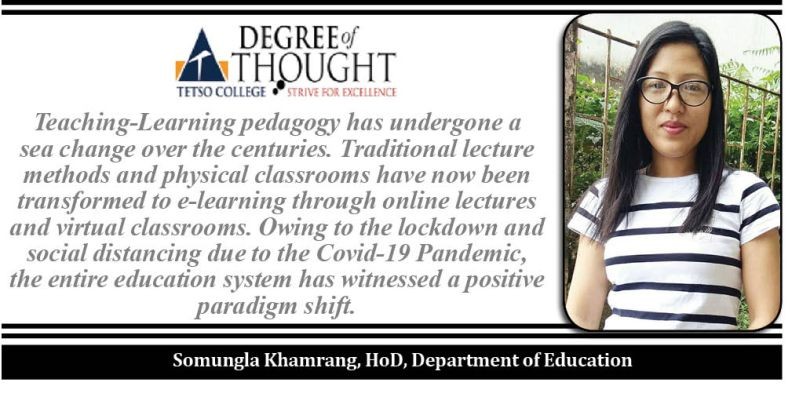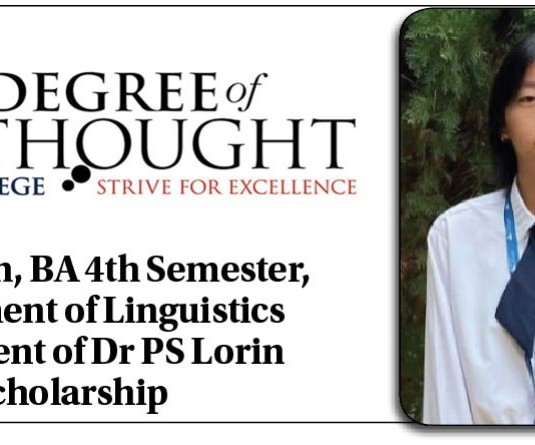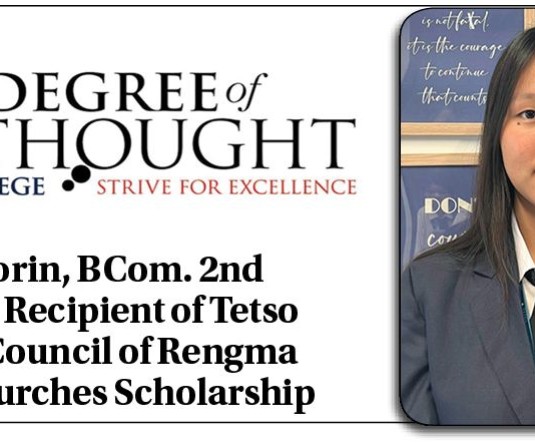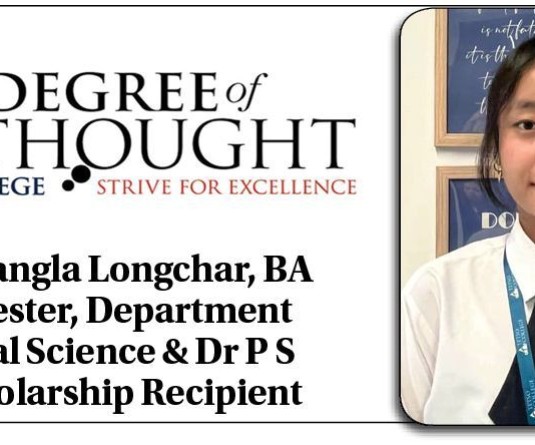
‘Education is a human right with immense power to transform’ - Kofi Annan
Education is an essential purveyor to enhance the quality of human life and ensure economic progress. It is essential for satisfying and a rewarding life while at the same time enabling the developing country to absorb modern technology and develop the capacity for self-sustaining growth. An initial investment made to human capital especially education will lead to a stream of higher future developments generated from expansion and improvements of education. The impact of its investment in developing countries can be quite substantial.
The methods of imparting education have changed radically over the years. The changes have taken place from the traditional education method to the progressive method and arrival of the advanced method. These methods do not overlap but coexist with each other.
Traditional method: Traditional method of teaching is when the teacher directs students to learn through memorization and recitation techniques thereby not developing their critical thinking, problem solving and decision-making skills (Sunal et al 1994). However, this method wasn't that effective in developing students’ critical thinking, problem-solving and decision-making skills.
Progressive method: Progressive educational method which is a modern method focuses more on the student’s individual needs, more activity-based, using questioning, explaining, demonstration, and collaboration techniques. Modern learning encourages students to collaborate and be more productive. Regardless of its merits and demerits, both the traditional and modern teaching methods are effective and useful even in the present 21st century.
The E-learning method: “As with most things, it's all about balance. We need to understand when a traditional method works best and when the right to try new and innovative approaches is.”- Sarah Wright. E-learning was started in 1960 when Donald Bitzer, a laboratory assistant at the University of Illinois, created the very first e-learning system called ‘PLATO’. The device was originally designed strictly for computer-based education but due to its innovative networking capabilities, it quickly became the foundation for online learning and communities. The introduction of it has not replaced the traditional and modern teaching but coexists with the already existing system.
E-learning is not a different or unique method of education but an upgraded one. The history of e-learning is still in its early stages, and the industry is always looking for new innovators to push the sector further. Due to the growing Indian economy, India has a chance to become the heart of e-learning programs. E-learning as a method of education has a lot of disadvantages, i.e. chances of distraction are very high, fraudulent online courses can cause social isolation, inaccessible to the computer illiterate population, so on and so forth. Moreover, challenges like poor network quality, tiny audio, loss of words, choppy video, etc. are faced by the students without reliable internet access or technology which makes it a struggle to participate in digital learning. However, there are also advantages offered by online learning such as it provides flexibility to learn at one's own pace; saves time and money; provides secure documentation and access to expertise, and much more. The only major doubts that flicker the people's mind is- ‘the legitimacy and the validity of eLearning’. But this type of education has grown over the last few years and has experienced mainstream acceptance. National Online Learning Day was established in July of 2016. The Registrar at National Day Calendar proclaimed to observe NOL Day on 15th September annually, recognizing the online education community focusing on the significant achievements made through online learning and students’ participation. It does not limit to a handful and privilege learners but covers the entire race who are in thirst for diverse knowledge. In the interim, the occurrence of the global COVID-19 pandemic led to the closure of educational institutions throughout the world, as a result more students than ever have been participating in online learning. The sudden shift to virtual learning without any planning has created an unfavorable aftermath in many fields especially in countries like India where the backbone for online learning was not ready. It has created a great risk of most of the students becoming passive learners; created an issue and problem of unprepared institutions for online education, and many more. Moreover, in particular states like Nagaland, where the history of e-learning was just yesterday, the problems in acquiring education from online learning are more acute. Nevertheless, some colleges and schools of the state have entered online learning with methodical policies and plans, and are ready to progress further and for upgradation as well. Even before the occurrence of the crisis, there was already a high growth and adoption of educational technology, however, there has been a significant surge since COVID-19. The human race had to adapt the upgraded methods of learning despite the challenges created due to sudden shifts. However, learners must be positively influenced by the importers of education who have higher social responsibility. As literacy is the centerpiece of development and transformation, ‘to educate’ should be the theme, and the focus should be towards the students of the present generation with any kinds of available methods and transform the crisis to opportunity. Are students, teachers, parents, and stakeholders ready to strive for excellence with the new normal learning system despite any circumstances in order to promote the literacy rate of the State?
Degree of Thought is a weekly community column initiated by Tetso College in partnership with The Morung Express. Degree of Thought will delve into the social, cultural, political and educational issues around us. The views expressed here do not reflect the opinion of the institution. Tetso College is a NAAC Accredited UGC recognised Commerce and Arts College. The editors are Dr Hewasa Lorin, Dr Aniruddha Babar, Nisha Dahiya and Meren. For feedback or comments please email: dot@tetsocollege.org






